In this blog feature, while I typically discuss more of the mechanics and scientific aspects of Transcranial Magnetic Stimulation (TMS) Therapy for depression, this time I wanted to sidestep and highlight a handful of patient success stories for individuals that I’m currently treating to share their journey back to health.
As a practicing psychiatrist, I have been involved with TMS Therapy for the past nine years and continue to follow many of the patients we treat, usually meeting with one to two patients a day, and keeping track of their well-being beyond TMS Therapy.
74% of our patients have responded to TMS Therapy meaning that their depressive symptoms improve. So what does this really mean in the life of a patient? Let’s explore.
The following are five snapshots of the lives of different patients that are benefiting from TMS Therapy.
Kimberly is a nurse who was able to get back into the workplace after TMS. She finally had the motivation and emotional energy to return to her job after a period away from work. During the two years since her last TMS treatment, Kimberly has had to deal with the death of one parent and the decline of her other parent. Life has not been easy, but she acknowledged how well she could function compared to when she was depressed.
Chuck had a successful TMS course of treatment two years ago after several hospitalizations, many failed antidepressants and ketamine. Recently, Chuck expressed that he is sliding back into depression and asked if we could consider another course of TMS. He felt confident that TMS Therapy helped in the past (his rating scales indicated that he responded as well) and was optimistic that he would respond positively again. When people respond to TMS Therapy and need another course of treatment, there is a very high response rate.
Jenna began declining late last year following some problematic relationship issues, and she did not respond to psychotherapeutic efforts and medication management. Jenna just started another course of TMS treatment, as she completed a TMS course three years ago. Jenna is now part way into her TMS treatment, and she is getting back to her usual self. Frequently with a second course of treatment, the course is shorter. Now that Jenna is demonstrating mood improvement, she is engaged in psychotherapy more effectively and appears to be in a more positive place regarding her relationship issues.
Dan is a young man in graduate school that I’m continuing to see after having a failure to launch due to depression after his father died. We had previously treated Dan’s mother with TMS Therapy, and she referred her son. Not only did Dan finish college and pursue further education, but he has a stable relationship that had evaded him for years.
On the other end of the age spectrum, Robin is an older woman we treated eight years ago with improvement in her overall functioning and the ability to enjoy life again. Since her TMS treatment, she suffered a number of deaths in her immediate family, struggled with health issues and has had moments of depression, but nothing compared to the severity of depression she experienced before TMS and had been challenged with for years.
As I review my patient schedule, I could continue with successful patient anecdotes for a long time. Instead, I will close and ask anyone who is struggling with depression or knows someone who is, to learn more about TMS Therapy. It is as a safe and effective non-drug treatment option that may change your life for the better.


